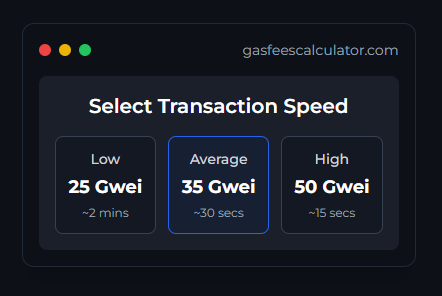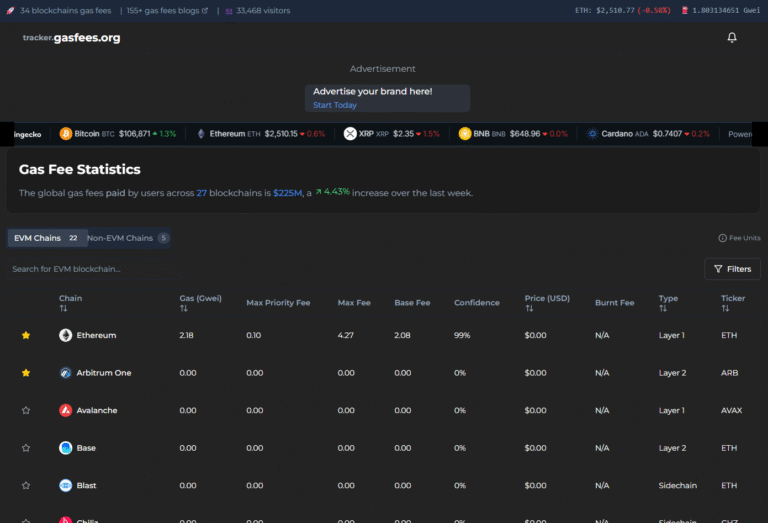What Are Plasma Gas Fees?
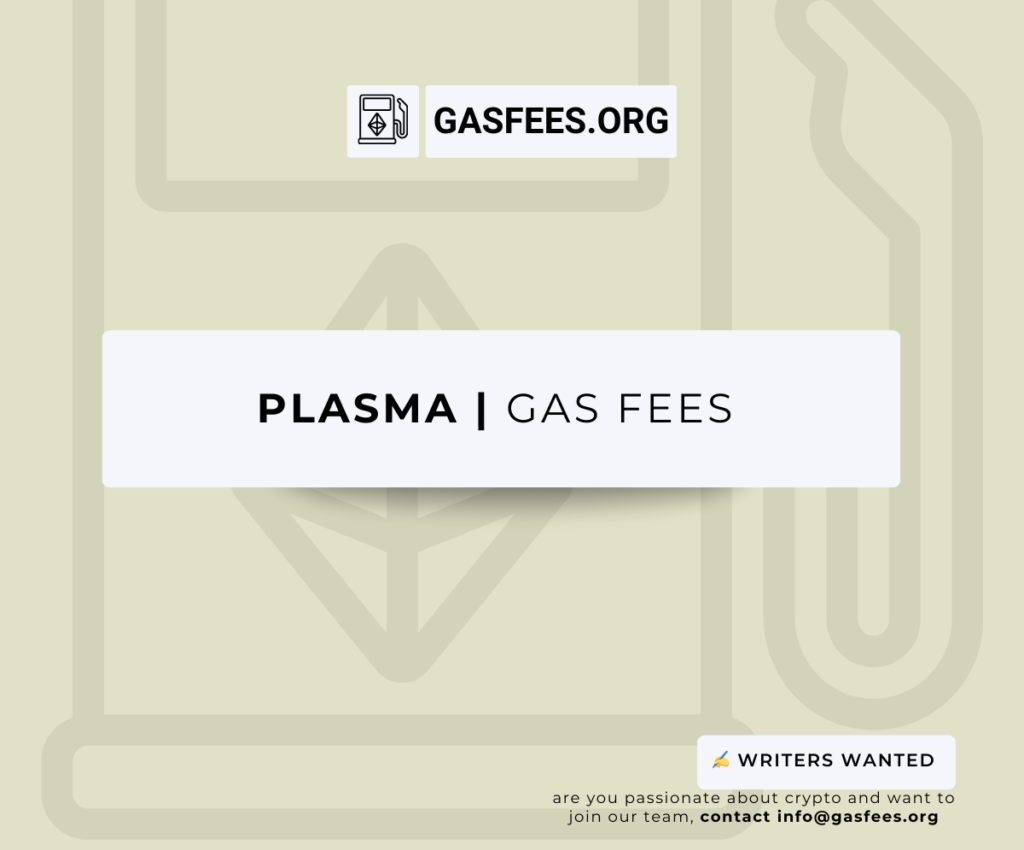
What Are Plasma Gas Fees? Written By: Mr. GasMan Beyond the Ethereum Mainnet: Imagine Ethereum, the bustling metropolis of blockchain applications, teeming with activity. Transactions zip through the network, each carrying a tiny toll – the gas fee. While necessary for network security and ensuring miners are compensated, these fees can skyrocket during peak times, […]
What Are Optimistic Rollups Gas Fees?
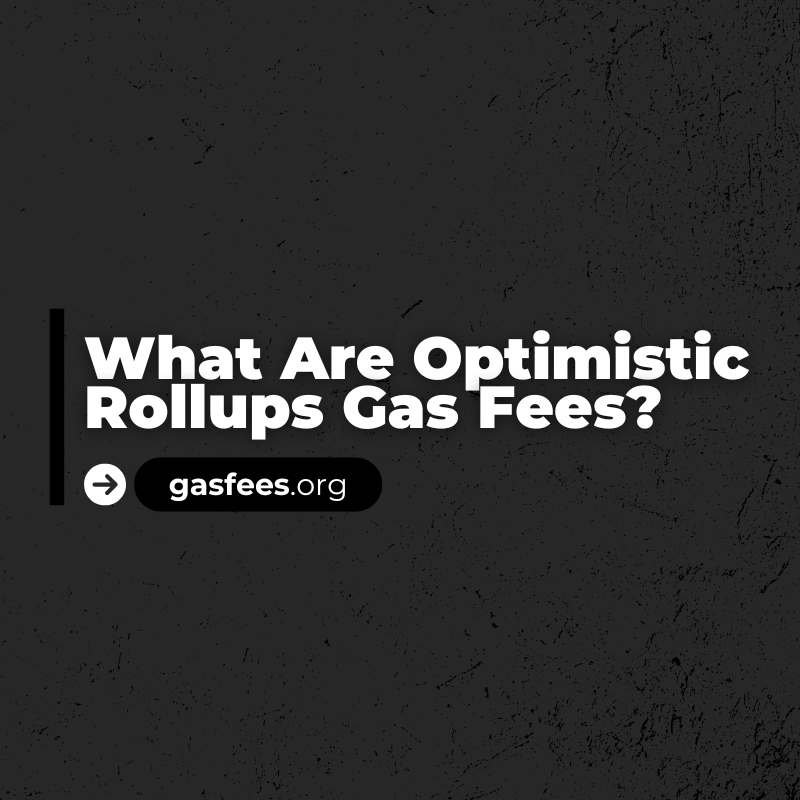
Optimistic Rollups gas fees are the transaction costs associated with executing operations on Layer 2 solutions that scale Ethereum by batching multiple transactions into a single one on the Ethereum mainnet. These fees are significantly lower than mainnet fees, as computation is handled off-chain while security is maintained on-chain. Understanding Optimistic Rollups gas fees is essential for users looking to save costs when interacting with decentralized applications (dApps) and smart contracts.
What Are Moonriver Gas Fees?
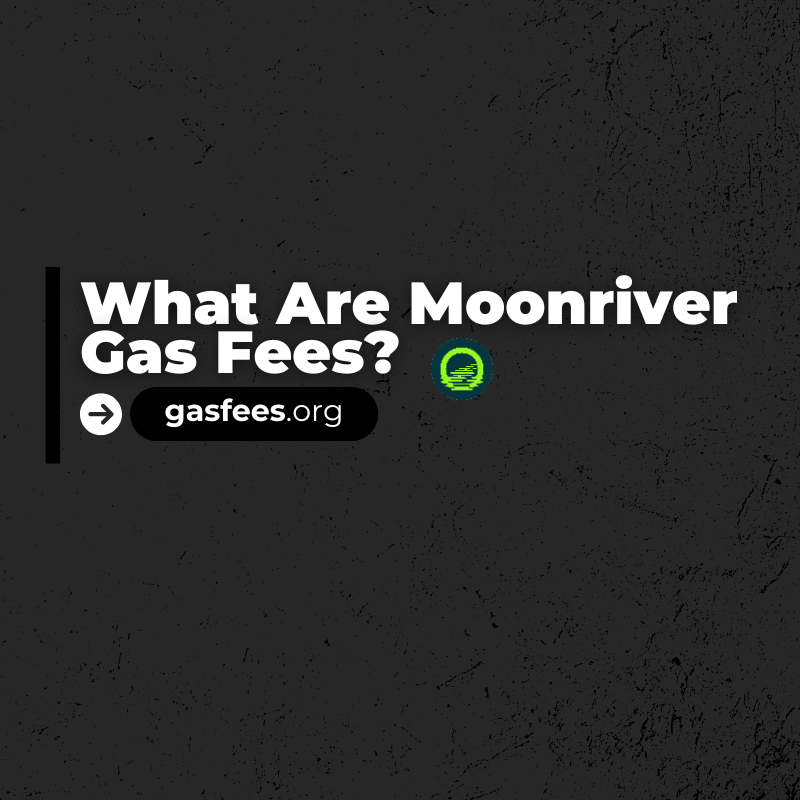
What Are Moonriver Gas Fees? Written By: Mr. GasMan Moonriver, a vibrant parachain within the Kusama ecosystem, has captured the imagination of developers and users alike with its promising blend of fast transaction speeds, robust functionality, and incredibly low gas fees. Unlike Ethereum’s notorious gas price hikes, Moonriver offers a refreshingly affordable experience, making it […]
EIP 4844 Explained: How Ethereum’s Latest Proposal Will Reduce Gas Fees and Boost Scalability
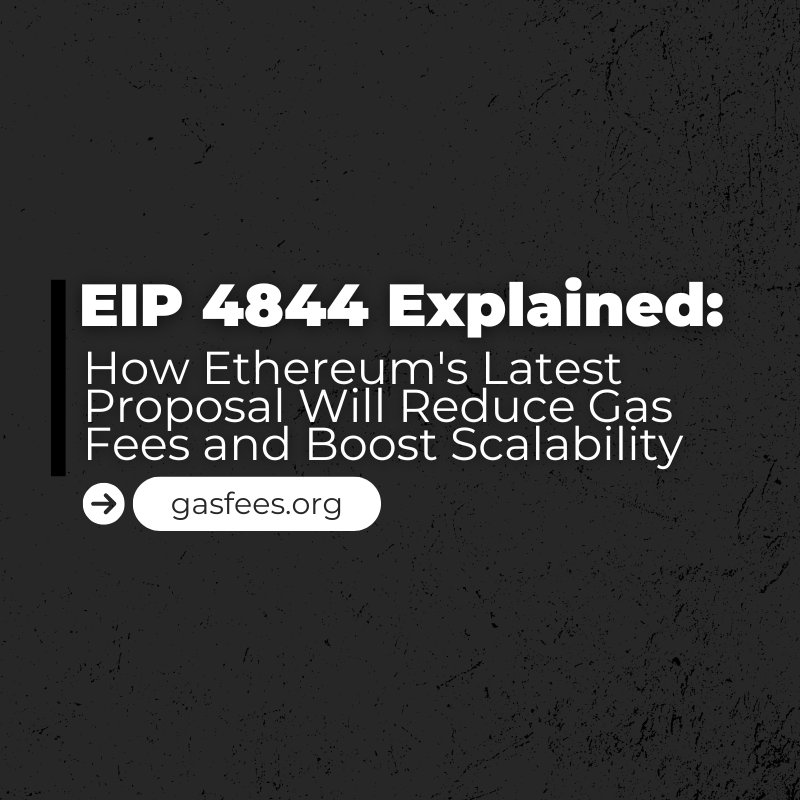
EIP 4844 is a proposed upgrade to Ethereum aimed at reducing gas fees and improving scalability. This guide explains how the upgrade works, its potential impact on transaction costs, and how it will enhance Ethereum’s ability to handle more transactions efficiently. If you’re interested in Ethereum’s future, understanding EIP 4844 is key to navigating its upcoming improvements.
What networks are Layer 1 (L1) or Layer 2 (L2)
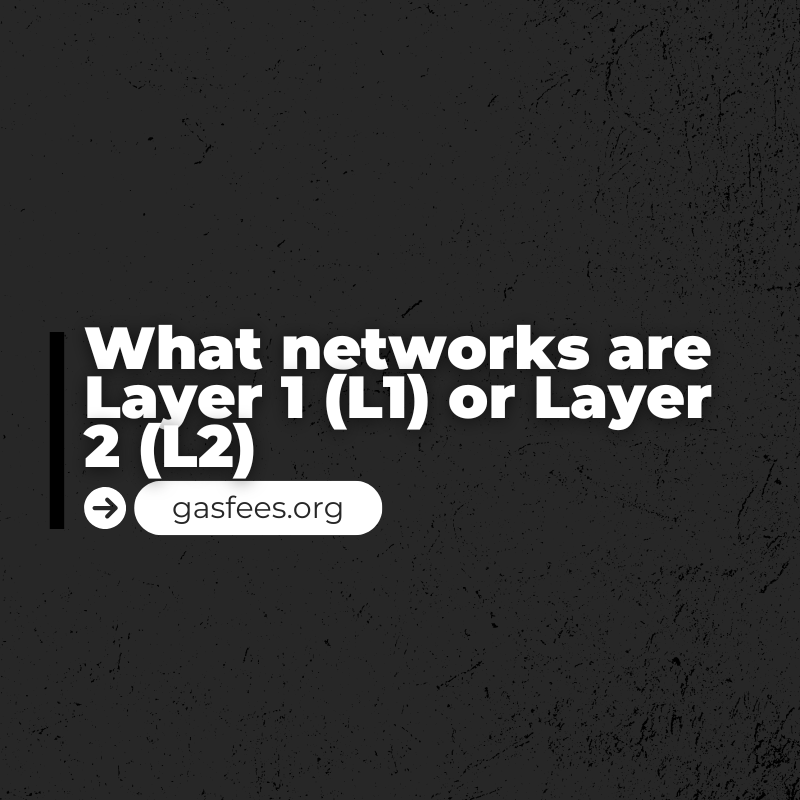
Layer 1 (L1) networks, like Bitcoin and Ethereum, form the base layer of blockchain technology, providing security and decentralization. Layer 2 (L2) networks, such as Polygon and Optimism, are built on top of L1s to enhance scalability and reduce transaction costs. This guide explores the key differences and popular examples of L1 and L2 networks.
What Are Ethereum Gas Fees?
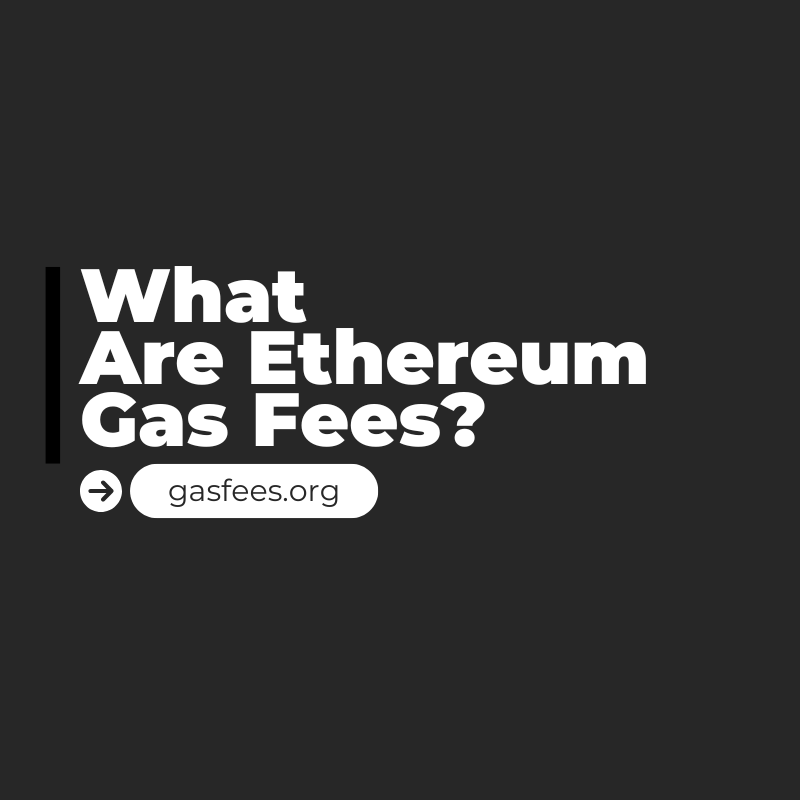
Ethereum gas fees are the transaction costs incurred on the Ethereum blockchain, essential for compensating the computational energy needed to process and validate transactions and smart contracts. These fees are dynamic, fluctuating in response to network demand and the complexity of individual transactions.
Denominated in gwei, a smaller denomination of Ethereum’s native cryptocurrency, Ether (ETH), the cost of gas fees is determined by the transaction’s computational requirements and the prevailing gas price, which is influenced by the level of network congestion. Understanding Ethereum gas fees is crucial for users engaging in activities on the Ethereum network, as it directly impacts the cost and efficiency of transactions.
